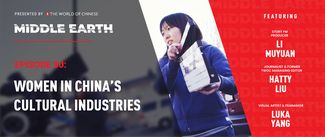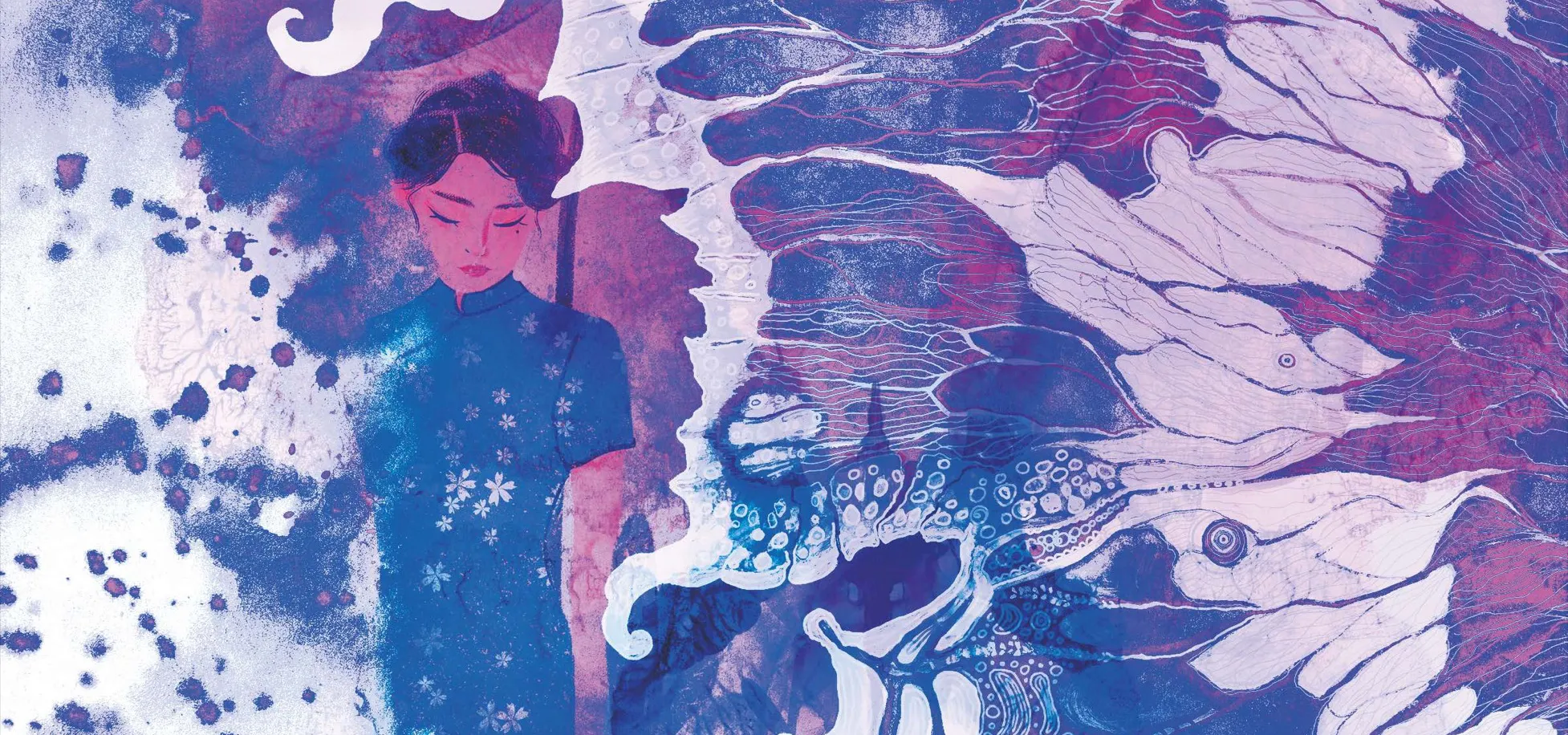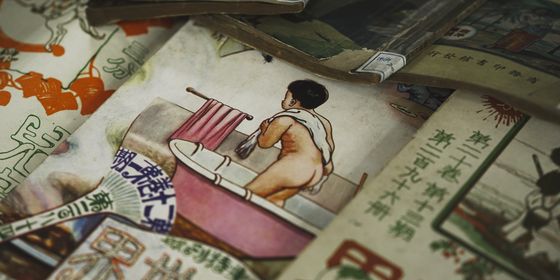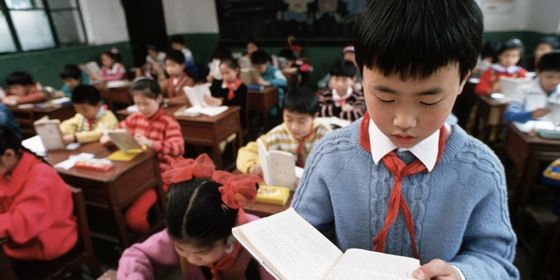How “Mandarin Duck and Butterfly,” a romantic literary movement from early 20th century China, became forgotten in the tides of modernization
China in 1912: the most chaotic of times, the most hopeful of times. After popular uprisings swept the country, the Qing dynasty collapsed and the Republic of China was established on January 1, 1912. Free of imperial rule, China was ready to modernize, reform, and reinvent itself—but how?
It is not surprising that much of China’s most famous modern literature emerged from this period of national soul-searching. However, one body of writing, known as Mandarin Duck and Butterfly (鸳鸯蝴蝶) literature, is often overlooked in the modern Chinese canon. These fanciful stories about melodramatic and tragic love were heavily criticized by intellectuals of their time and purposefully cast aside. Yet, this overlooked school reveals much about the evolution of post-imperial literature.
Butterfly literature has its roots in a tradition of Chinese love stories dating back to the 17th century, known as caizi jiaren (才子佳人) or “scholar-beauty” stories. Writers of this genre celebrated the often tragic stories of forbidden love between a sensitive male scholar and a beautiful, virtuous woman, and eventually evolved to include dynamics of heroism, militarism, sentimentality, and Confucian propriety.
At the close of the Qing dynasty (1616 – 1911), the Mandarin Duck and Butterfly literary movement burst forth to carry the tradition of Confucian love stories to a changed China. Named for two species often seen in pairs and used as a metaphor for lovers, these love tragedies and crime dramas—the genres favored by both Butterfly writers and readers—provided entertainment “without striving for new social visions,” according to scholar Rey Chow.
The Butterfly Effect: Redeeming China’s Early Romance Novels is a story from our issue, “Access Wanted.” To read the entire issue, become a subscriber and receive the full magazine. Alternatively, you can purchase the digital version from the App Store.














